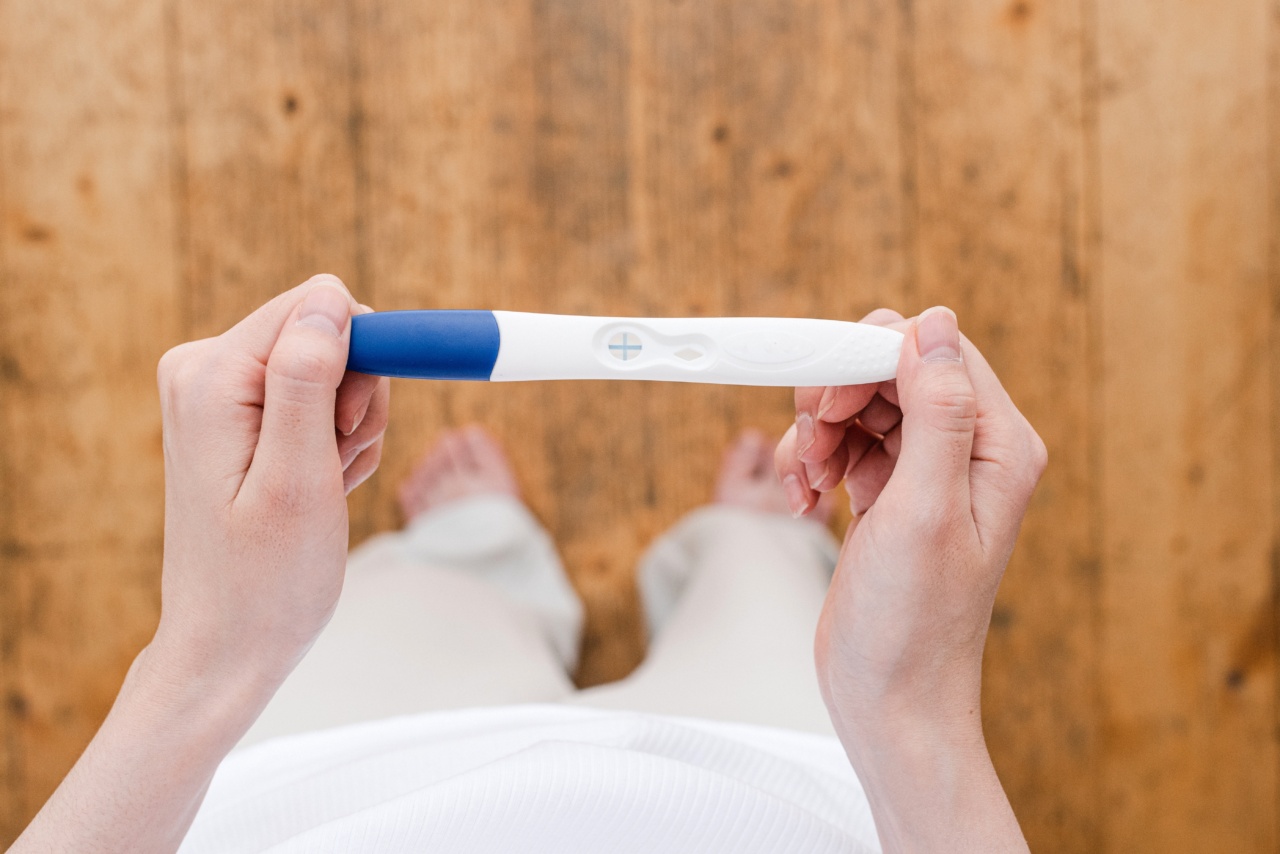One common myth surrounding pregnancy is that women should avoid sex for fear of harming their baby or experiencing complications.
However, the truth is that sex during pregnancy is generally safe and can even provide several benefits for both the mother and the baby. In fact, many pregnant women continue to enjoy an active sex life throughout their pregnancy. One fascinating aspect of sex during pregnancy is the ability for pregnant women to achieve orgasm.
Let’s delve deeper into this topic and explore the facts.
Understanding the changes during pregnancy
Pregnancy brings about numerous physical and hormonal changes in a woman’s body. These changes can affect her sexual desire, arousal, and orgasmic response.
It’s important to understand and acknowledge these changes, as they can vary from woman to woman and throughout different stages of pregnancy.
Hormonal influences on orgasm
Hormones play a significant role in a woman’s sexual response, including the ability to achieve orgasm. During pregnancy, the levels of hormones such as estrogen and progesterone increase dramatically.
These hormonal changes can lead to improved blood flow to the pelvic area, increased sensitivity, and heightened sexual desire. As a result, pregnant women may experience more intense and pleasurable orgasms.
Physical changes and orgasm
As the pregnancy progresses, a woman’s body undergoes considerable physical changes. These changes can affect sexual positions, comfort levels, and overall sexual experiences.
However, with a little creativity and communication, pregnant women can find positions that are comfortable and enjoyable for both themselves and their partners.
It’s important to note that orgasms are not harmful to the baby. The uterus and amniotic sac provide a protective barrier for the baby, shielding them from external stimulation.
In fact, orgasms can release endorphins and oxytocin, which can promote relaxation, reduce stress, and even benefit the baby.
Factors affecting orgasmic response
While many pregnant women are able to achieve orgasm, it’s essential to recognize that every woman’s experience is unique.
Factors such as pre-existing medical conditions, pregnancy complications, emotional well-being, and individual differences can influence a woman’s ability to reach orgasm during pregnancy.
Communication and emotional well-being
Open and honest communication with your partner during pregnancy is vital. Discuss your desires, concerns, and comfort levels to ensure a mutually satisfying sexual experience.
Emotional well-being plays a significant role in a woman’s sexual response, so it’s essential to address any anxieties or fears that may arise during pregnancy.
Benefits of orgasms during pregnancy
Orgasms can bring numerous benefits to pregnant women, including:.
1. Stress relief: Pregnancy can be an emotionally and physically demanding time. Orgasms release endorphins, which are natural stress-relievers, providing relaxation and a better sense of well-being.
2. Improved sleep: Many pregnant women struggle with sleep disturbances due to hormonal changes and physical discomfort. Orgasms can promote better sleep quality, making it easier to rest.
3. Bonding with the baby: The release of oxytocin during orgasm can enhance the bond between the pregnant woman and her baby. This hormone is also responsible for triggering contractions during labor.
4. Strengthening pelvic floor muscles: Achieving orgasm requires contractions of the pelvic floor muscles, which can help strengthen these muscles in preparation for childbirth.
When to avoid sexual activity during pregnancy
While sex during pregnancy is generally safe, there are instances where sexual activity may be advised against. It’s important to consult with your healthcare provider if you have:.
– A history of preterm labor or premature birth.
– Placenta previa (where the placenta lies low in the uterus).
– A cervix that has opened prematurely (cervical incompetence).
– A history of miscarriage or certain medical conditions that may complicate the pregnancy.
Conclusion
Contrary to common misconceptions, pregnant women can indeed achieve orgasm from sex. The hormonal changes, increased blood flow, and physical sensitivity experienced during pregnancy can enhance sexual pleasure and lead to fulfilling orgasms.
As long as both partners are comfortable and there are no specific medical concerns, there is no reason to avoid sexual activity during pregnancy. However, like with any sexual activity, open communication, emotional well-being, and mutual consent are essential for a positive and enjoyable experience.






























